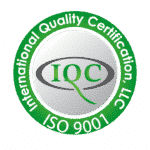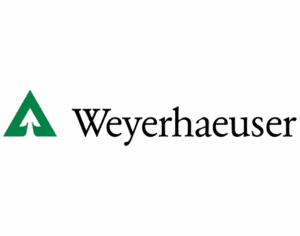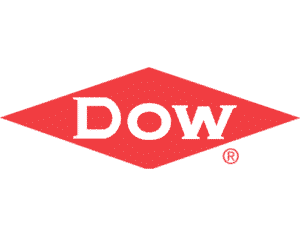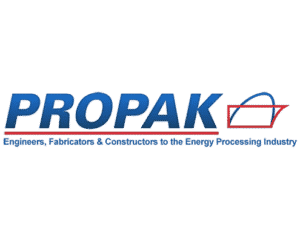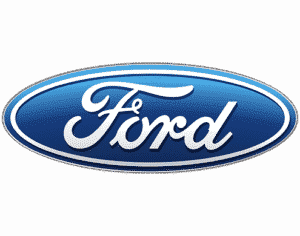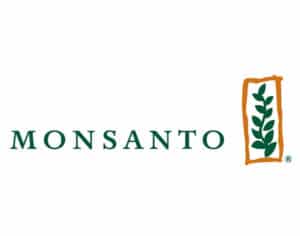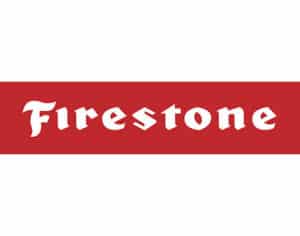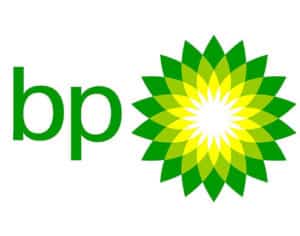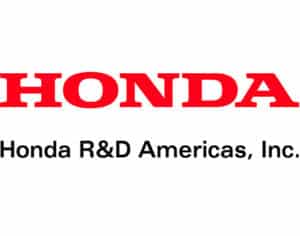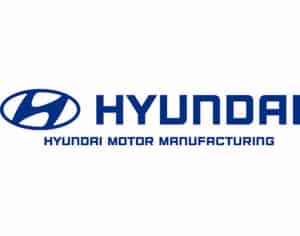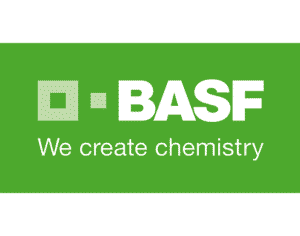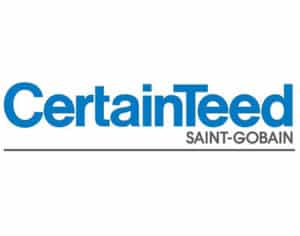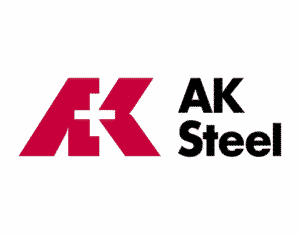Any device or system that uses combustion and/or thermal oxidation to destroy or reduce an industrial waste can be classified as an industrial waste incinerator. Most commercial, industrial, municipal and institutional wastes are classified by composition and heating value.
In 1968, the Incinerator Institute of America used general classifications to define waste streams. While these classifications are broad and somewhat outdated (the definition and composition of these waste streams have changed with advances in technology, products and services), they still serve as a reference for industrial waste incinerators.
Waste classifications defined.
- Trash consisting of highly combustible waste paper, wood, cardboard cartons and including up to 10% treated papers, plastic or rubber scraps from commercial and industrial sources. Type 0 Waste has a heating value of 8,500 Btu per pound, a moisture content of 10% (by weight) and an ash content of 5% (by weight).
- Rubbish consisting of combustible waste paper, cartons, rags, wood scraps, combustible floor sweepings from domestic, commercial and industrial sources. Type 1 Waste is a mixture of 80% (by weight) rubbish and 20% (by weight) garbage. It has a heating value of 6,500 Btu per pound, a moisture content of 25% (by weight) and an ash content of 10% (by weight).
- Refuse (Municipal Solid Waste) consisting of rubbish and garbage from residential sources (50% rubbish and 50% garbage). Type 2 Waste has a heating value of 4,300 Btu per pound, a moisture content of 50% (by weight) and an ash content of 7% (by weight).
- Garbage consisting of animal and vegetable food wastes from restaurants, hotels, markets, institutional, commercial and club sources. Type 3 Waste is a mixture of 65% garbage and 35% rubbish. It has a heating value of 2,500 Btu per pound, a moisture content of 70% (by weight) and an ash content of 5% (by weight).
- Pathological Waste consisting of 100% animal and human tissue. The principal components are carcasses, organs, solid organic wastes from hospitals, laboratories, abattoirs, animal pounds and similar sources. Type 4 Waste has a heating value of 1,000 Btu per pound, a moisture content of 85% (by weight) and an ash content of 5% (by weight).
- Industrial process wastes including gaseous, liquid or semi-liquid wastes. The composition, heating value, moisture content and ash content of Type 5 Wastes are variable and must be confirmed by a waste analysis.
- Semi-solid and solid combustible wastes which require hearth, retort or grate burning equipment. The composition, heating value, moisture content and ash content of Type 6 Wastes are variable and must be confirmed by a waste analysis.
PCC designs, fabricates, and supplies industrial waste incinerators that safely and efficiently destroy many types of gaseous and liquid wastes (type 5 wastes as outlined above).
Contact PCC to discuss your project and learn about our solutions.
What our customers are saying...
"PCC... The best-kept secret in the industry."
— Rohm & Haas
"PCC works like a well-oiled machine."
— Louisiana Pigments Company
"We would not be where we are today without the engineering knowledge and efforts, quality of construction, professionalism, and cooperation of your first-class organization."
— Montauk Energy Capital
"PCC's commitment to safety and quality allow completion ahead of schedule, under budget, and safely."
—
"PCC's desire to deliver a quality product was apparent throughout all phases of our project, and PCC's overall gas combustion experience resulted in a robust and reliable operating unit."
—
"We are very pleased that it was commissioned five weeks earlier than the contract completion date."
—
"PCC was absolutely on time with delivery of our thermal oxidizer... I was quite impressed. All the units we bought from PCC run flawlessly, even after 10 years. We can't calculate a MTBF, because there have been no failures."
—


